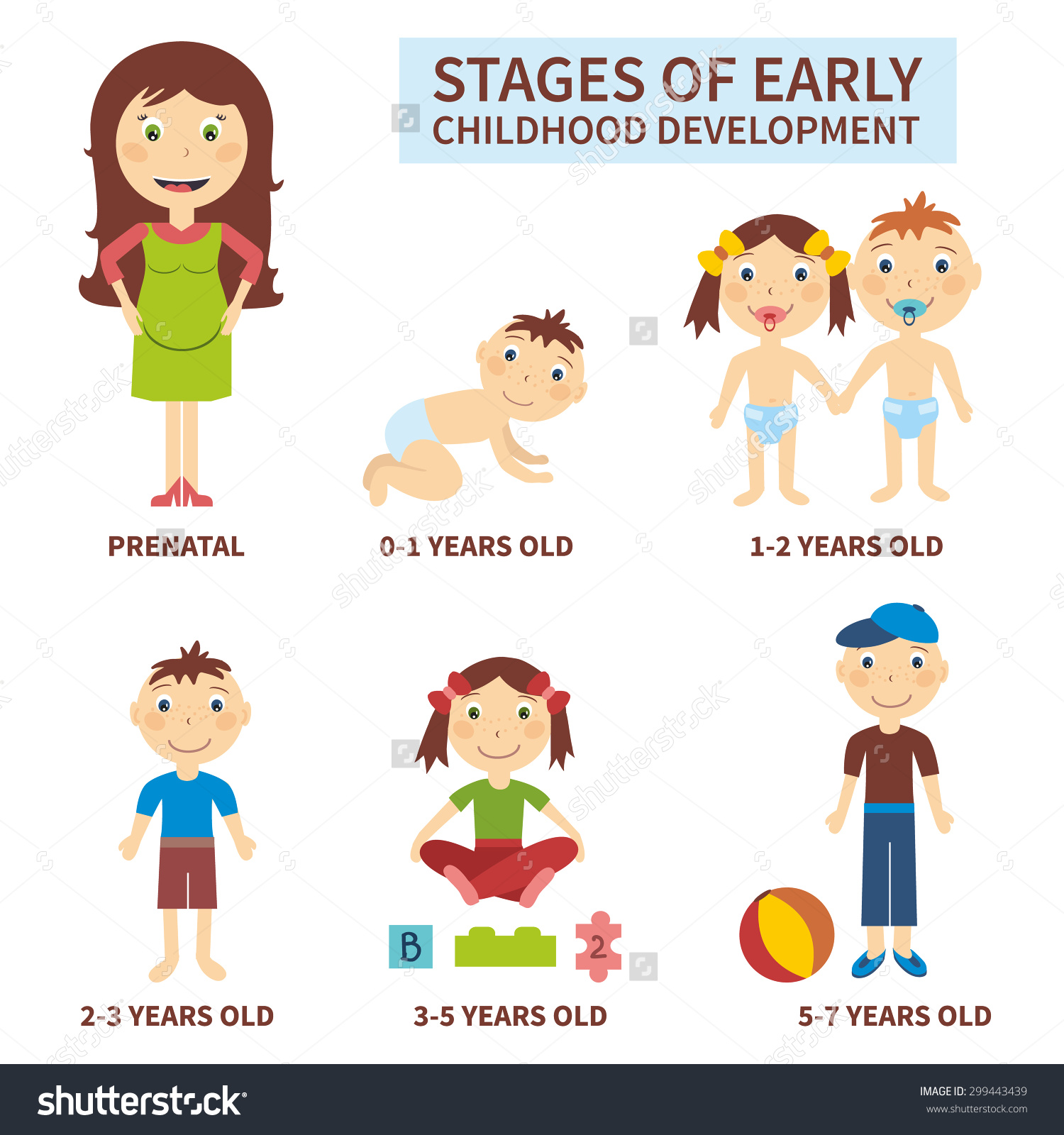
Parenting is a journey that comes with many stages. Watching your child grow and develop can be both exciting and challenging. As a parent, it is important to understand the different stages that your child will go through. This article will take you through the different child stages, from infancy to adolescence.
Table of Contents
Infancy

The infancy stage is from birth to around 18 months. During this stage, your child will develop rapidly, both physically and mentally. Infants learn through sensory experiences, so it is important to expose them to different sights, sounds, and textures. They will also start to develop motor skills such as rolling over, sitting up, crawling, and eventually walking.
Toddlerhood

The toddlerhood stage is from 18 months to around 3 years old. Toddlers are known for their energy and curiosity. They are still developing their motor skills and will start to gain more independence. It is important to provide a safe environment while letting them explore and learn new things. They will also start to develop language skills and social skills during this stage.
Preschool

The preschool stage is from 3 to 5 years old. Children in this stage will continue to develop their language and social skills. They will also start to develop more cognitive skills such as problem-solving and creativity. Preschool is a great time to introduce structured learning activities such as reading and writing.
Elementary School

The elementary school stage is from 6 to 11 years old. Children in this stage will start to develop more complex cognitive skills such as critical thinking and problem-solving. They will also start to develop their own interests and hobbies. It is important to provide a supportive environment that encourages their interests and talents.
Adolescence

The adolescence stage is from 12 to 18 years old. Adolescents go through many physical and emotional changes during this stage. They may start to question authority and develop their own beliefs and values. It is important to provide guidance and support while also allowing them to develop their independence.
Conclusion
Understanding the different stages of child development can help parents provide the appropriate support and guidance for their children. Each stage comes with its own challenges, but also its own rewards. Remember to enjoy the journey and cherish the moments with your child.
Frequently Asked Questions
What are the different stages of child development?
The different stages of child development are infancy, toddlerhood, preschool, elementary school, and adolescence.
What is the importance of understanding child development?
Understanding child development can help parents provide appropriate support and guidance for their children.
What are some activities that parents can do to support their child’s development?
Parents can provide a safe and stimulating environment, read to their child, engage in play activities, and provide opportunities for creative expression and exploration.
What are some challenges that parents may face during the different stages of child development?
Parents may face challenges such as sleep deprivation, tantrums, peer pressure, and adolescent rebellion.
What is the most important thing to remember as a parent during the different stages of child development?
The most important thing to remember is to enjoy the journey and cherish the moments with your child.
